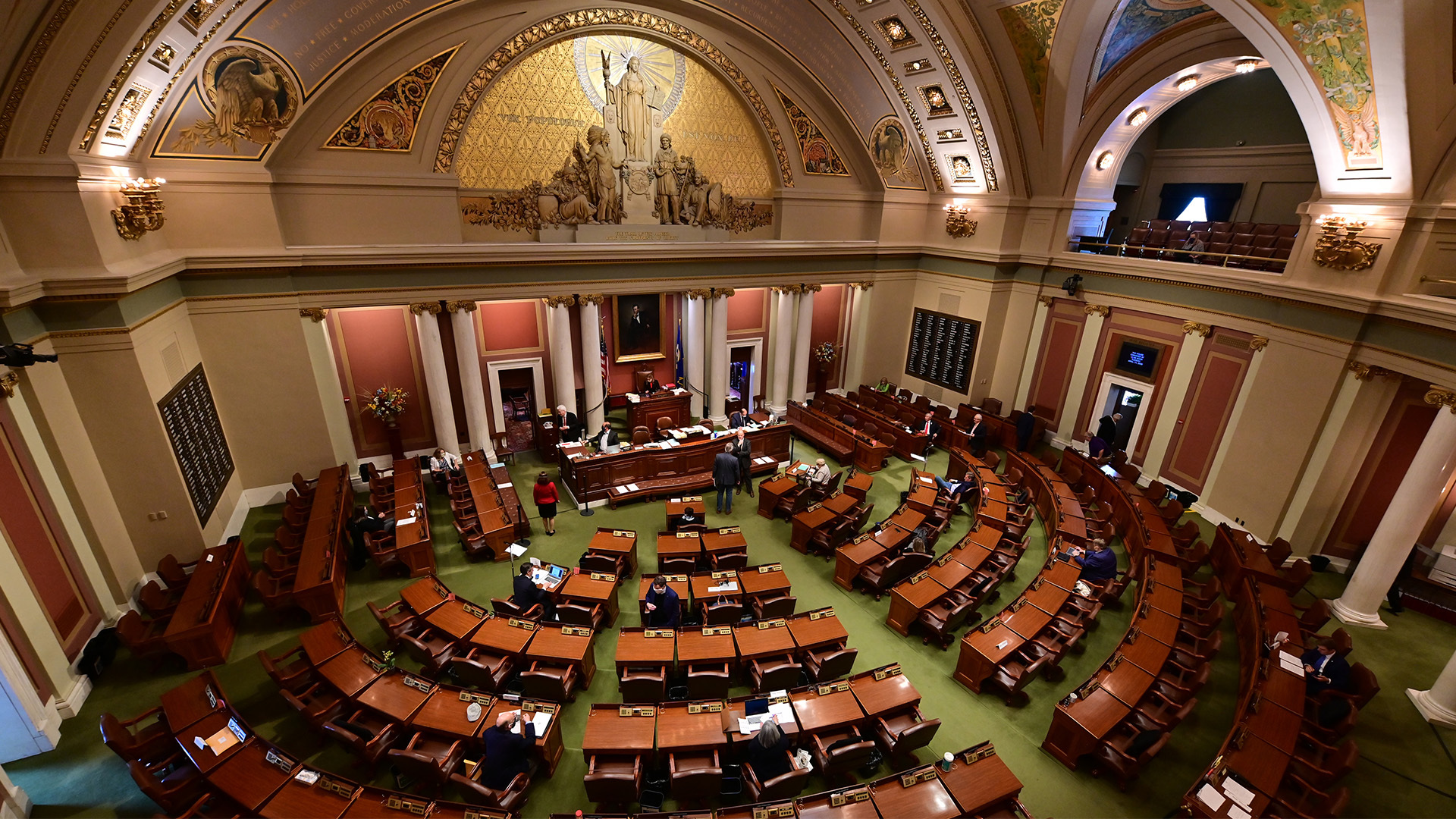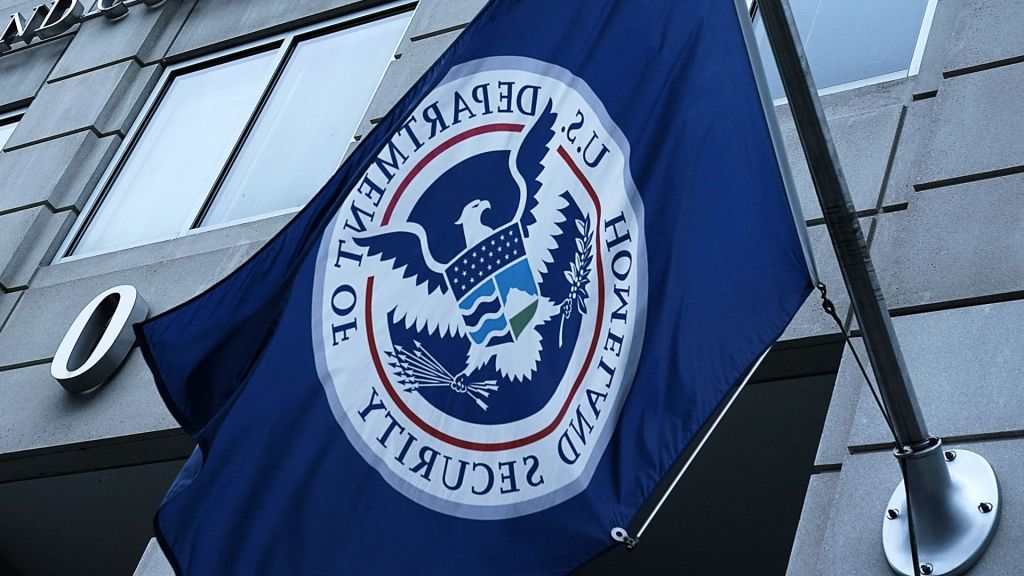
LAUREN TAYLOR: On Election Day, Minnesota voters split the state legislature evenly, with 67 Republicans and 67 Democrats winning their races. The two parties reached a power-sharing agreement to share control of committees.
But with one Democratic legislator not taking his seat, Republicans say they’re ready to use their majority to elect a Republican state House Speaker. And Democrats are considering boycotting the session to prevent Republicans from electing their leader as Speaker.
The issue came up when a judge ruled that Rep.-elect Curtis Johnson could not take the seat he won in District 40B because he did not meet the residency requirements for the district.
And while either party would need a quorum of 68 seats to pass laws and hold a speaker vote once the legislature starts on January 14th … Republicans could appoint a speaker with the current 67-66 majority. And assuming Republicans hold together, Democrats could not remove the Republican speaker in a tied legislature.
Minnesota Gov. Tim Walz, a Democrat, set a special election to fill the seat for January 28th. It’s a heavily Democratic district where both parties expect a Democrat to win.
Republicans would be able to use their majority to take control of committees instead of sharing them as planned under the power-sharing agreement.
Democrats have options but all of them come with potential risks.
Democrats are weighing a boycott of the session to prevent Republicans from having the needed quorum to elect a speaker and pass bills. But Minnesota law would allow Republicans to compel Democrats to attend and also open the door to recall petitions against Democratic lawmakers.
Another option, reported on by local news outlet the Minnesota Reformer, would be for Democrats to launch a two-week filibuster, with lawmakers giving speeches to eat up time and prevent a speaker vote.
Legislators fleeing to prevent a quorum is an increasingly common tactic. In recent years, both Texas Democrats and Oregon Republicans have boycotted sessions to try to prevent the majority parties from passing major laws.
For Straight Arrow News, I’m Lauren Taylor.
And for all the latest updates on this and other top stories, download the Straight Arrow News app or visit SAN.com.











